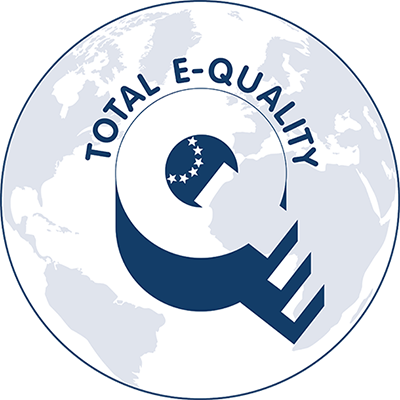News article
News
NFDI4Microbiota celebrates success in second round of NFDI calls - DFG to fund research data infrastructure for microbiology
“In our vision of the future, microbiology researchers will easily be able to translate existing research data into a deep understanding of microbial species and their molecular-level interactions,” says the consortium’s spokesman, Professor Konrad Förstner from ZB MED – Information Centre for Life Sciences. The consortium’s spokeswoman, Professor Alice McHardy from the Helmholtz Centre for Infection Research (HZI), is enthusiastic about what lies ahead: “We’re delighted that we can now turn our vision into reality as part of the NFDI. By offering new platforms and services for research data, we see exciting opportunities to support researchers’ work in the fields of bacteriology, virology, protistology, mycology and parasitology.”
The consortium has set itself ten key tasks for the next five years. These include providing access to tools and infrastructure, developing training interventions, working on standardisation, promoting a cultural shift towards FAIR and open source within the community, and building networks within the NFDI and the broader international research community. Improving research processes in microbiology – for example by introducing professional data stewards and by mobilising, structuring and linking data – is a key goal of the partners in the consortium. They aim to offer various services and solutions to achieve this, all of which will be regularly assessed and adapted to ensure they meet the current and future challenges faced by the microbiology research community.
The consortium consists of ten co-applicants and more than 50 participating institutions and is represented by the leadership duo of Professor Alice McHardy and Professor Konrad Förstner. The consortium is headed by ZB MED – Information Centre for Life Sciences.
Work has been underway on Germany’s national research data infrastructure – known by the German abbreviation NFDI – since 2018. The aim is to systematically open up access to valuable data resources from the realms of science and research. Linking these resources together will make them more readily usable by Germany’s entire system of scholarly and scientific research. To create the NFDI, the German Research Foundation (DFG) is coordinating three rounds of calls for proposals. In total, up to 30 consortia will be funded for an initial period of five years with a possibility of extension for another five years. Up to 85 million euros are available for this purpose each year.
(Co-)applicants:
- Prof. Dr. Alexander Sczyrba & Prof. Dr. Jens Stoye
Bielefeld University - Prof. Dr. Peer Bork
European Molecular Biology Laboratory (EMBL) - Prof. Dr. Jörg Overmann
German Collection of Microorganisms and Cell Cultures (DSMZ) - Prof. Dr. Manja Marz
Friedrich Schiller University Jena (FSU Jena) - Dr. Ulisses Nunes da Rocha
Helmholtz Centre for Environmental Research (UFZ) - Prof. Dr. Alice McHardy
Helmholtz Centre for Infection Research (HZI) - Prof. Dr. Alexander Goesmann
Justus-Liebig-University Giessen - Prof. Dr. Anke Becker
Philipps-Universität Marburg - Prof. Dr. Thomas Clavel
RWTH Aachen University - Prof. Dr. Konrad Förstner
ZB MED – Information Centre for Life Sciences
Learn more:
about NFDI4Microbiota
about National Research Data Infrastructure






